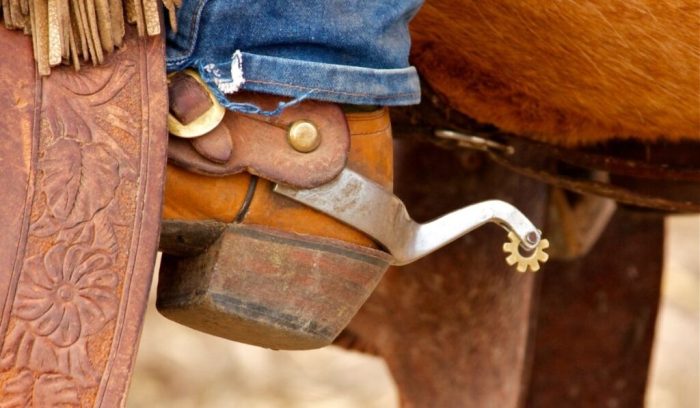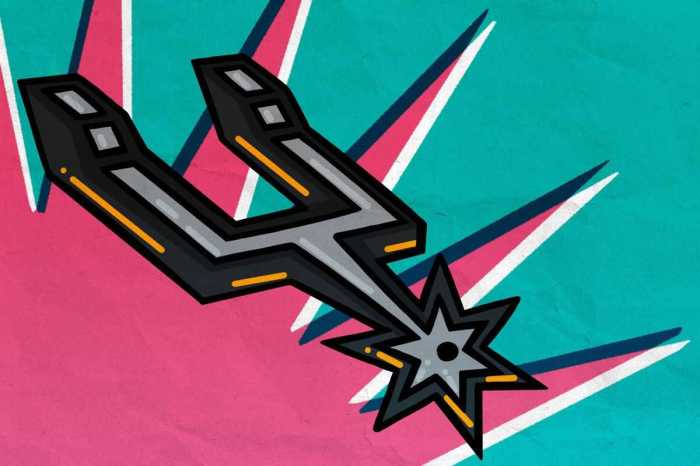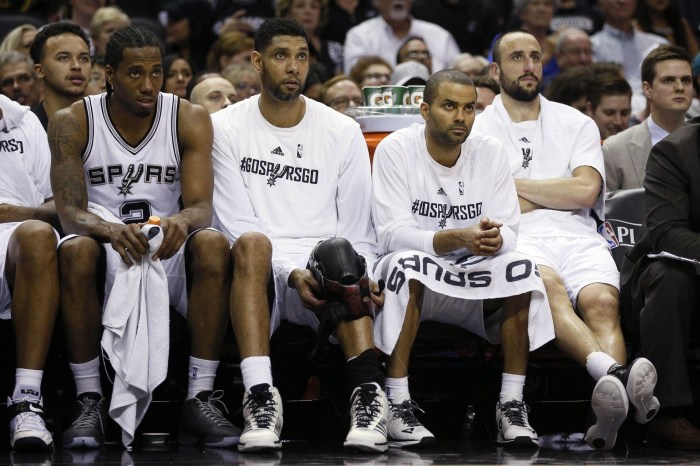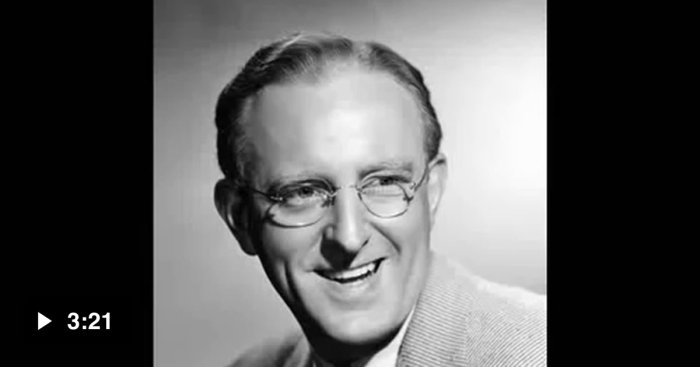Why do cowboys have so much trouble with math answers? This intriguing question has captivated the minds of historians, educators, and popular culture enthusiasts alike. In this comprehensive analysis, we delve into the historical, cultural, and cognitive factors that have shaped the perception of cowboys as mathematically challenged.
Throughout history, cowboys have been portrayed as rugged individualists who spend their days on horseback, herding cattle across vast expanses of land. This lifestyle has often been associated with a lack of formal education, leading to the stereotype that cowboys are poor at math.
Cowboys and Mathematics

Cowboys are often depicted as rugged individuals who spend their days on horseback, herding cattle and living a life close to nature. However, the stereotype that cowboys have difficulty with mathematics persists, leading to the question of whether there is any truth to this perception.
Cowboy Lifestyle and Education
Historically, cowboys worked long hours in remote areas, with limited access to formal education. They relied on practical skills and knowledge passed down through generations, rather than traditional academic subjects like mathematics. Even today, many cowboys continue to work in rural areas with limited educational opportunities.
Cognitive Skills and Mathematics, Why do cowboys have so much trouble with math answers
Mathematics requires cognitive skills such as logical thinking, problem-solving, and spatial reasoning. While cowboys may develop some of these skills through their daily activities, such as navigating terrain or managing livestock, the traditional cowboy lifestyle does not typically provide the same level of mathematical stimulation as other professions.
Environmental Factors and Mathematics
The outdoor environment in which cowboys work can present challenges for mathematical learning. Lack of access to technology, limited opportunities for collaboration, and the physical demands of the job can make it difficult for cowboys to engage with mathematics in a meaningful way.
Cultural Influences and Mathematics
Cultural values and beliefs can also influence attitudes towards mathematics. Some cowboy cultures may prioritize practical skills and physical prowess over academic pursuits, which could contribute to the perception that cowboys are not good at math.
Essential FAQs: Why Do Cowboys Have So Much Trouble With Math Answers
Are there any examples of cowboys who excelled in mathematics?
Yes, there are several documented cases of cowboys who possessed exceptional mathematical abilities. One notable example is Charles Goodnight, a renowned rancher and trailblazer, who was known for his keen business sense and ability to calculate complex cattle transactions.
How has technology impacted the mathematical skills of modern cowboys?
Technology has had a significant impact on the mathematical skills of modern cowboys. GPS systems, electronic scales, and other tools have reduced the need for manual calculations and record-keeping, freeing up cowboys to focus on other aspects of their work.
What cultural factors contribute to the perception of cowboys as poor at math?
Cultural factors such as the emphasis on practical skills and the perception of mathematics as an academic subject have contributed to the stereotype of cowboys as poor at math. In many cowboy communities, a strong work ethic and physical prowess were valued more than formal education.




